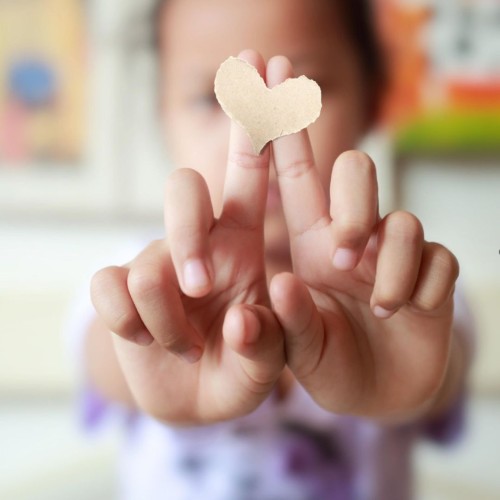
Kindness is a dynamic 2-way exchange
In 2022, we secured some funding from the DIA’s Community Sector Research Fund to investigate whether and how community sector organisations use ‘kindness’ as an active intervention in different contexts.
We worked with the amazing team at Martin Jenkins to refine and then undertake the research project, and we’re delighted to share the findings with you here.
But why?
We had an idea last year that it was important for us to think about why we develop programmes - is it to make us look and feel good, or is it to support the work of other organisations? We decided the second was a better reason to do anything but were also clear that we don’t know everything about kindness and how it’s useful (we know some stuff for sure) so a research project seemed like a good approach to finding out how our work could be useful to others’ work.
Our big question evolved from a *really* big question (what does ‘kindness’ mean to different communities) into a more practical one: what is the role of kindness from the perspective of community services organisations in Aotearoa NZ?
The project was supported by a sector advisory group of nine people with a wealth of collective experience across the community services sector. 258 individuals who work for, or volunteer with, wide ranging community services organisations (CSOs) in Aotearoa New Zealand participated in 50 in-depth interviews and 208 survey responses. The project team also referenced a literature review Allen & Clarke did for us in 2020.
What did we learn?
Heaps!
But the TL/DR version:
- Kindness is a dynamic, two-way exchange that is both integral to the survival and effectiveness of CSOs, and that CSOs themselves have a critical role in fostering kindness within society.
- Kindness is a many-faceted concept that permeates all aspects of the community services sector.
- Kindness has two important roles for CSOs: programmes that contribute to delivery of strategic objectives for clients, and programmes that put values into action.
- The barriers to CSOs delivering more kindness programmes can be overcome through clear logic, dedicated funding, meaningful partnerships, and careful design.
What can *you* do with this report?
Also heaps!
CSOs can:
- Carry on doing what you are doing – your kindness is important mahi that is seen by more people than you think.
- Unpack what kindness means in your organisation, and what it looks like in action if it is reframed as a dynamic, two-way exchange.
Intermediaries can:
- Raise awareness of kindness as an intervention.
- Explore further the possible perception that some people are less deserving of kindness, and how this perception may impact the use of kindness programmes.
- Work with CSOs, including Māori-led providers, to co-design kindness programmes that are appropriate to the people the CSO works with.
- Work with funders to help them to understand and measure the contribution of kindness.
Funders can:
- Unpack what it means to be a kind funder.
- Review your requirements of funded organisations to ensure they create kind environment for funding.
- Support cross-organisation / sector-wide kindness initiatives, and measurement.

